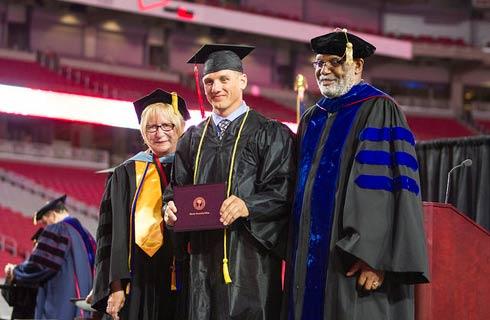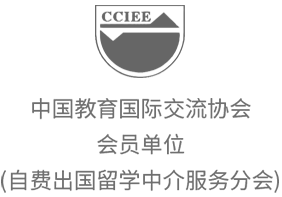Bachelor of Science (Honours) Biomedical Science - Cellular, Physiological and Pharmacological Science
国际学生入学条件
Official High School Transcripts
Required grade average - Minimum admission average - 70%
IELTS (Academic) - Overall Band Score 6.5 With minimum individual scores of Reading 6, Listening 6, Speaking 6, Writing 6
TOEFL IBT - Internet Based 86 With minimum individual scores of Reading 19, Listening 19, Speaking 19, Writing 19
PTE Academic - Overall score of 63 With minimum individual skills scores of Reading 59, Listening 59, Speaking 59, Writing 59
展开
IDP—雅思考试联合主办方

雅思考试总分
6.5
了解更多
- 雅思总分:6.5
- 托福网考总分:86
- 托福笔试总分:160
- 其他语言考试:PTE Academic - Overall score of 63 With minimum individual skills scores of Reading 59, Listening 59, Speaking 59, Writing 59
课程简介
Cellular, physiological and pharmacological sciences is the study of the structure, function and development of organisms at the molecular, subcellular, cellular, tissue and organ levels. It investigates the functions and mechanisms of major systems of the human body and studies the effects and mode of action of drugs which modify major body systems.<br>You will study human anatomy, cell biology, neurobiology, skeletal biology, embryonic development, histology, and anatomical imaging. You will also study the properties of chemical compounds in relation to their interactions with living organisms and examine the basis for the discovery and study of drug actions either as therapeutic agents or as tools in physiological research. These fields can be used to advance medical science with clinical relevance to osteoarthritis, Alzheimer's disease, peripheral nerve damage and repair, multiple sclerosis, aging, cancer and pain.<br>Preparation for professional health science programs and graduate studies: The cellular, physiological and pharmacological sciences program provides an excellent foundation in the biomedical sciences for students seeking subsequent admission into professional health science schools such as medicine, dentistry, physical therapy, chiropractic, veterinary medicine and optometry. Cellular, physiological and pharmacological sciences graduates are also well qualified to progress into more advanced biomedical research training in the master's and Ph.D. levels.<br><br>Other careers:<br>(Note that some of the following positions may require further education or qualifications, depending on the hiring institution and the jurisdiction in which the position is found).<br><br>Research and lab positions: A variety of technical positions are available in academia (e.g., universities and colleges), industry (e.g. biotechnology, private research firms, biomedical supply, and pharmaceutical companies), government (e.g. agricultural and food agencies and police forensic laboratories) and the healthcare system (e.g. medical labs).<br><br>Communications: Cellular, physiological and pharmacological sciences studies may lead to a career in technical writing for textbooks and/or government and industry reports.<br><br>Business: Cellular, physiological and pharmacological sciences graduates may obtain sales, consulting or management positions in science-related private sector companies such as pharmaceutical and biomedical supply firms.<br><br>Regulatory/Law: Cellular, physiological and pharmacological sciences graduates may be employed by regulatory bodies such as the Canadian Food Inspection Agency and the Food and Drug Administration to develop government policies and procedures.
展开


















































